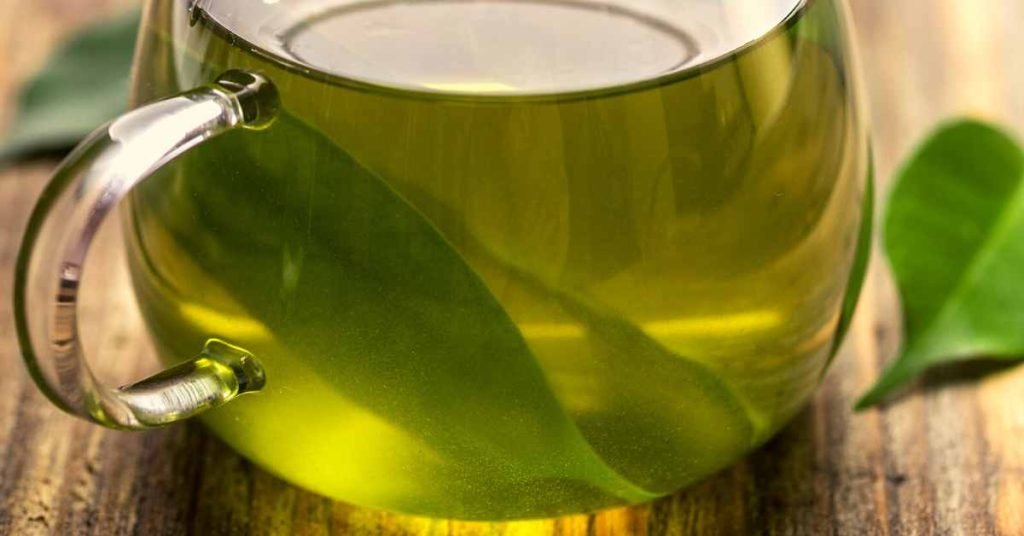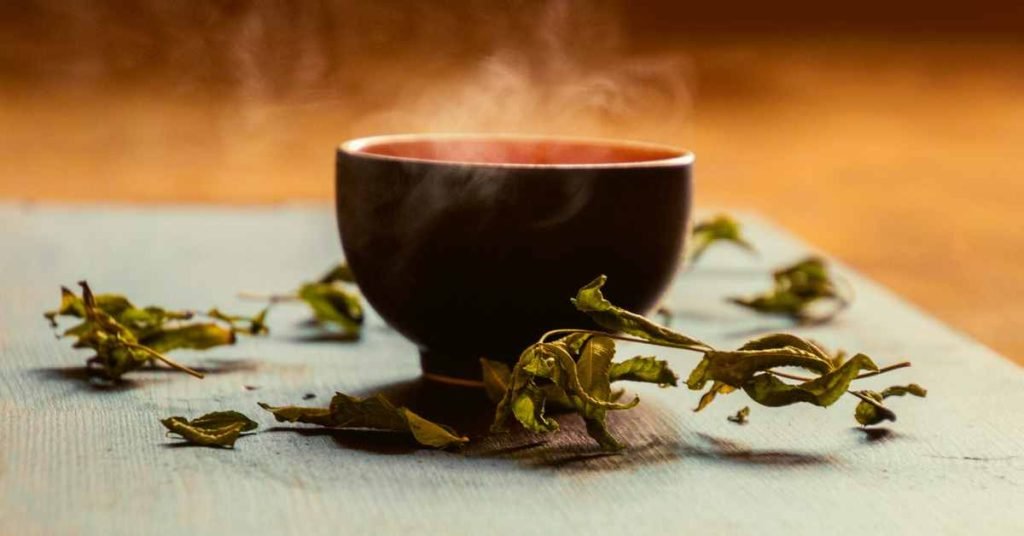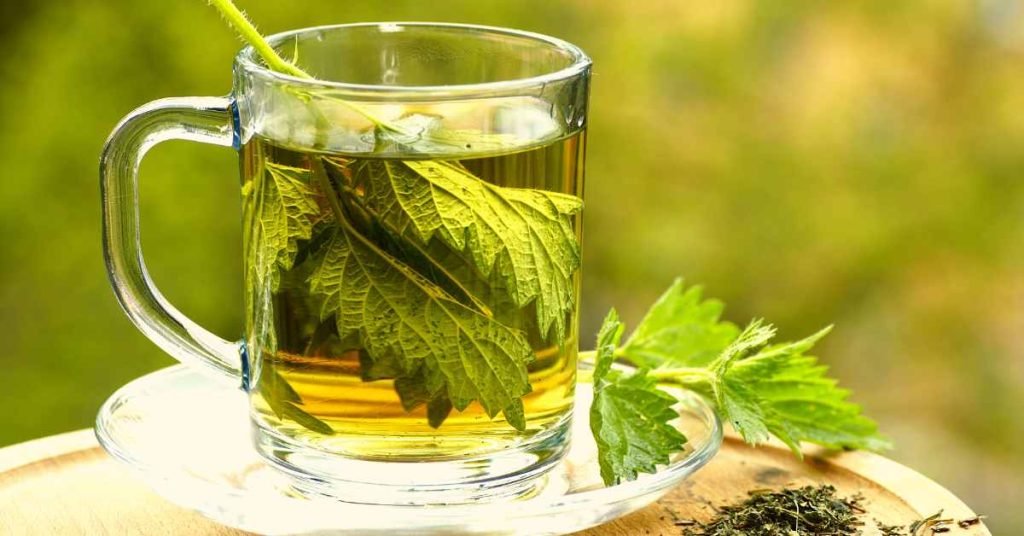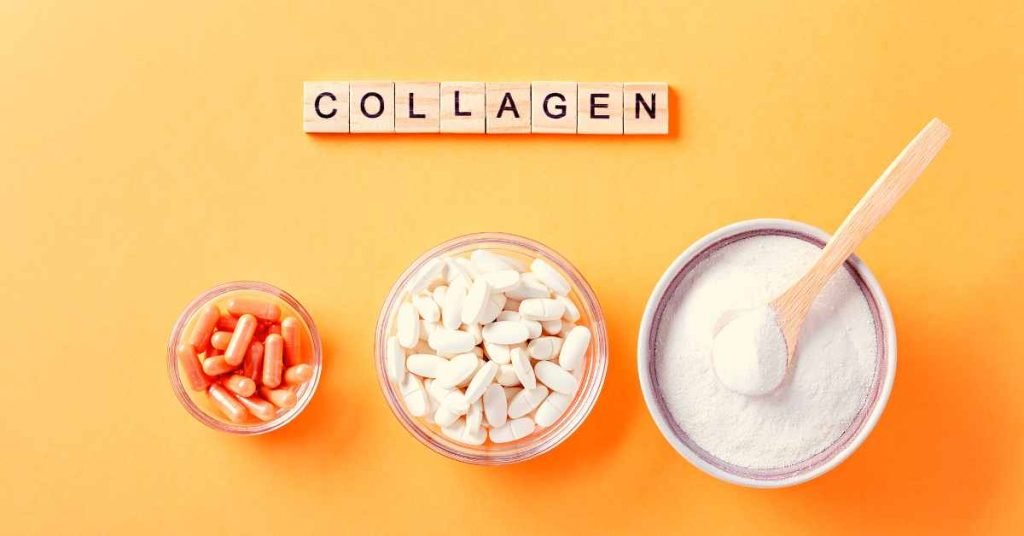Collagen is a protein that plays a crucial role in maintaining the health and youthful appearance of our skin, hair, nails, and joints.
It’s no wonder that people are constantly searching for ways to boost collagen production naturally.
In recent years, the connection between tea and collagen production has garnered significant attention.
Tea, with its myriad of health benefits, is believed to influence collagen production positively.
In this article, we will delve into the science behind this relationship and explore the various types of tea that may have a positive impact on collagen production.
Collagen is a protein that plays a crucial role in maintaining the health and youthful appearance of our skin, hair, nails, and joints.
It’s no wonder that people are constantly searching for ways to boost collagen production naturally. In recent years, the connection between tea and collagen production has garnered significant attention.
Tea, with its myriad of health benefits, is believed to influence collagen production positively. In this article, we will delve into the science behind this relationship and explore the various types of tea that may have a positive impact on collagen production.
The Basics of Collagen

Before we explore how tea may affect collagen production, it’s essential to understand the basics of collagen.
Collagen is the most abundant protein in the human body, and it plays a fundamental role in maintaining the structure, elasticity, and firmness of the skin. It acts like scaffolding for our skin, keeping it supple and wrinkle-free.
As we age, collagen production naturally declines, leading to common signs of aging, such as fine lines, wrinkles, and sagging skin.
Environmental factors like UV radiation, smoking, and poor dietary choices can also accelerate collagen breakdown.
Hence, the quest to enhance collagen production through natural means has become increasingly important.
Tea and Collagen Production
Tea, particularly certain varieties like green tea, white tea, and oolong tea, contains a variety of compounds that have been studied for their potential to influence collagen production and skin health.
Antioxidants in Tea

Tea is rich in antioxidants, particularly polyphenols, which have been shown to combat oxidative stress and protect the skin from free radical damage. Oxidative stress can lead to collagen degradation and premature aging. By reducing oxidative stress, the antioxidants in tea can help maintain collagen integrity.
Epigallocatechin gallate (EGCG), a potent polyphenol found in green tea, is known for its anti-inflammatory and antioxidant properties. It has been studied for its ability to protect collagen and elastin fibers, helping to maintain skin elasticity.
Anti-Inflammatory Effects
Inflammation is another factor that can negatively impact collagen production. Chronic inflammation can lead to collagen breakdown and tissue damage. Tea, especially green tea, has anti-inflammatory properties that may help in preventing this process.
Hydration and Skin Health

Proper hydration is crucial for skin health and collagen production. Tea, when consumed without excessive additives like sugar or cream, can contribute to daily hydration. Adequate hydration supports the skin’s ability to maintain its elasticity and suppleness.
Types of Tea and Their Effects on Collagen Production
Green Tea
Green tea is well-known for its high EGCG content and antioxidant properties. Several studies suggest that EGCG can help protect collagen and elastin in the skin.
Green tea’s anti-inflammatory effects also contribute to reducing collagen degradation. Incorporating green tea into your daily routine may support collagen production and overall skin health.
White Tea

White tea is considered one of the least processed teas, which means it retains more of its natural compounds, including antioxidants.
These antioxidants can help protect collagen and maintain skin health. White tea also contains catechins, which have been shown to support collagen production.
Oolong Tea
Oolong tea is a partially fermented tea with a unique blend of polyphenols. It contains EGCG like green tea and may offer similar benefits for collagen protection.
While there is less research specifically on oolong tea and collagen, it is believed that the antioxidants in oolong tea can contribute to skin health.
Herbal Teas
While herbal teas like chamomile, rosehip, and hibiscus may not contain the same polyphenols as green, white, or oolong tea, they offer other benefits for skin health.
For example, chamomile has anti-inflammatory properties and may help soothe irritated skin. Rosehip tea is rich in vitamin C, which is essential for collagen synthesis, while hibiscus tea is packed with antioxidants.
Collagen-Boosting Tea Blends

Some teas are specifically formulated to support collagen production.
These blends may include collagen-boosting herbs like nettle, horsetail, or gotu kola. These herbs are rich in vitamins and minerals that are vital for collagen synthesis.
It’s important to note that the effects of tea on collagen production can vary from person to person, and it may take time to notice any visible changes in your skin. Additionally, maintaining a balanced diet and a healthy lifestyle is crucial for achieving optimal results.
Final Word
Tea, with its wealth of antioxidants and potential to reduce inflammation, can be a valuable addition to your skincare routine.
While it may not be a miracle cure for collagen production, it can contribute to healthier, more radiant skin.
Green tea, white tea, oolong tea, and various herbal blends all offer unique benefits that may positively impact collagen integrity and overall skin health.
Incorporating tea into your daily routine, along with a well-balanced diet, proper hydration, and skincare practices, can help you maintain collagen production and keep your skin looking youthful and vibrant.
Remember that individual results may vary, and it’s essential to consult with a healthcare professional if you have specific skin concerns or conditions.
Enjoying a cup of tea can be a delightful and soothing way to invest in your skin’s health while reaping the many other health benefits that tea has to offer.
MEDICAL DISCLAIMER
Itsnevernotteatime.com cannot and does not contain medical/health advice. The medical/health information is provided for general and educational purposes only and is not a substitute for professional advice.




